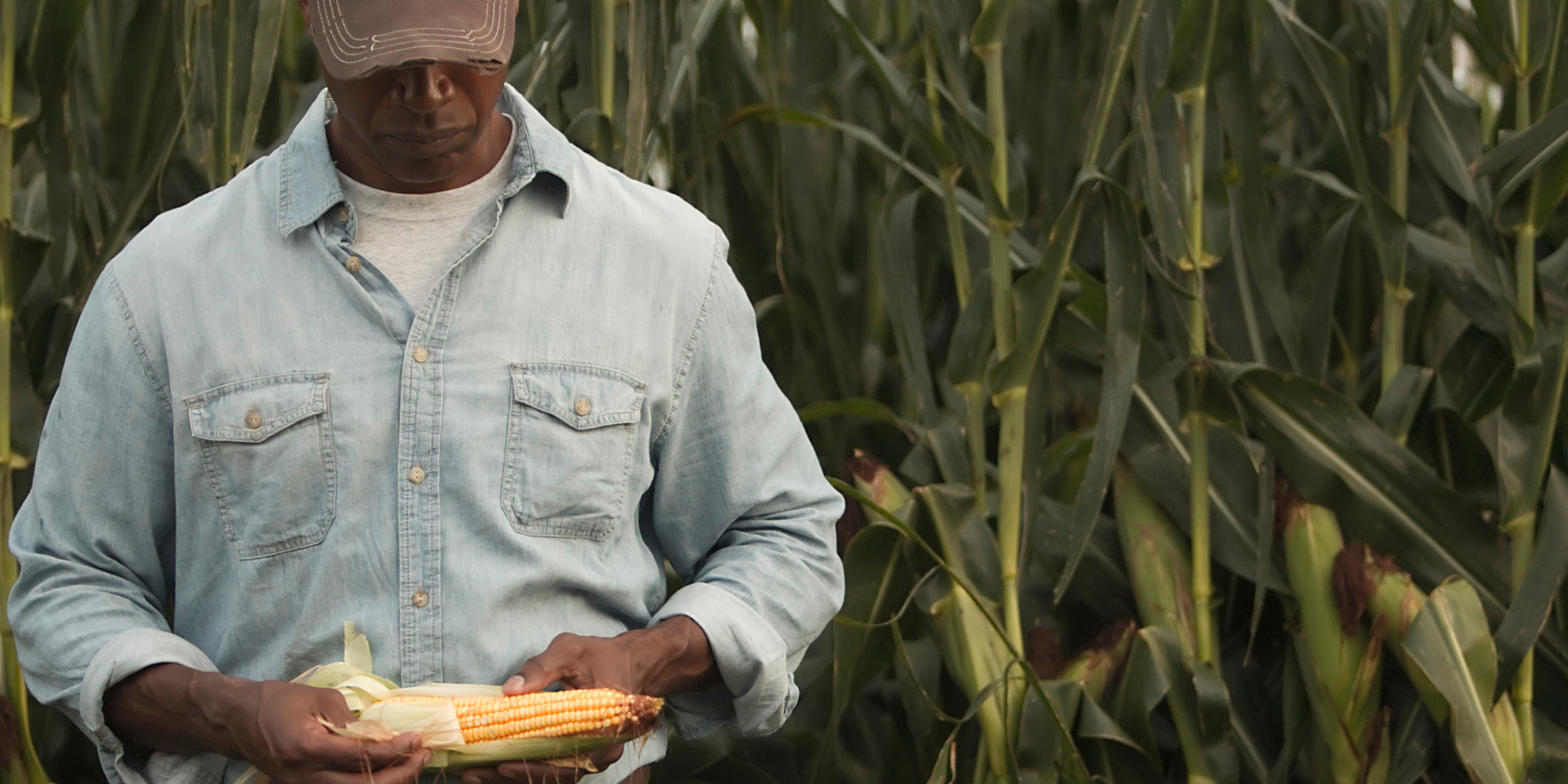The Farm Bill is up for reauthorization this year as it is set to expire September 30, 2023. In the next few months, lawmakers will be busy drafting legislative language for the 12 Titles of the bill. NLC shared local government priorities for the next version of the bill with members of the Senate and House Agriculture Committees.
In the U.S., agriculture contributed 10 percent of greenhouse gas emissions in 2021. While most of these emissions are from the animals raised for human consumption, farming practices for how crops are grown and how pastureland is managed can have significant climate impacts as well. Climate-friendly agriculture is any practice that reduces the amount of greenhouse gas emissions. Beneficial practices include no-till planting and cover crops, as these methods help store carbon in the soil. Sustainable agriculture, more broadly, focuses on the conservation of wildlife, soil and water quality, and erosion control. Many of the programs we discuss below can be considered both sustainable and climate-friendly, as one practice can achieve benefits towards both objectives.
Here is a closer look at two Farm Bill titles that support local climate action and protect environmental quality.
Title II: Conservation
The Conservation section covers several important programs, some of which have been used for decades, to assist farmers in implementing sustainable practices. Many of the programs in this section provide water quality improvement and help mitigate climate change.
| Regional Conservation Partnership Program Grants for locally led conservation projects that address climate change, enhance water quality, and address other critical challenges on agricultural land. | Conservation Reserve Program and Conservation Reserve Enhancement Program Yearly payments to farmers to take environmentally land out of production for up to 10 or 15 years. Species planted prevent erosion and improve water quality while providing animal habitat. | Environmental Quality Incentives Program Financial and technical assistance for producers, helping them develop a conservation plan and implement the best conservation practices for their operation. |
| Emergency Conservation Program Funding and technical assistance to restore farmland damaged by natural disasters and for emergency water conservation measures in severe droughts. | Source Water Protection Program Protects surface and ground water used as drinking water by rural residents. Water protection plans identify voluntary actions producers can take to increase water quality. | Watershed and Flood Prevention Operations Program Funding and technical assistance for planning and implementation of projects that protect and restore watersheds. |
The Conservation Reserve Program is one of the most popular programs among farmers, with more than 5 million acres enrolled in 2023 to be converted into grasslands, forests or wetlands. In 2021 the U.S. Department of Agriculture (USDA) announced it would begin studying the climate benefits of the program by measuring the amount of carbon stored in the soil.
The Regional Conservation Partnership Program works with a range of partners, including local governments. In 2022, the City of Decatur, IL was awarded more than $9 million to work with USDA and other local partners to improve the water quality in the Mississippi River Basin. They will help local landowners adopt practices that decrease the amount of soil sediment and fertilizer that runoff into the watershed.
Title XI: Crop insurance
Crop Insurance is a less obvious section of the Farm Bill that has been used to promote sustainable farming practices. The Farm Bill authorizes subsidized crop insurance farmers can purchase to protect against catastrophic losses. To be eligible for subsidized premiums, producers must adhere to certain conservation practices designed to protect highly erodible land and wetlands. Since crop insurance is used to pay producers after natural disasters and extreme weather events, which are becoming more frequent and intense because of climate change, some legislators are considering expanding the crop insurance eligibility requirement beyond the current narrow conservation compliance to require climate change-mitigating practices. The U.S. Government Accountability Office suggests this eligibility expansion in their study Climate Change: Options to Enhance the Resilience of Agricultural Producers and Reduce Federal Fiscal Exposure. With a departure from the voluntary nature of other climate focused USDA programs, the future of this suggestion is uncertain and contested.
Farm Bill and the Inflation Reduction Act
The Inflation Reduction Act invests nearly $40 billion into agriculture and rural development. With $20 billion going directly to USDA conservation programs, there are worries that instead of becoming complementary funds to meet farmer demand, proportional cuts will be made from the current Farm Bill funding of these programs. NLC supports maintaining current levels of funding for the conservation programs in Title II.
Timeline and Call to Action
Congress has already begun the reauthorization process by soliciting stakeholder input, including holding preliminary hearings in both the House and Senate Agriculture Committees. As Congress works on drafting language for the next Farm Bill, now is an important opportunity for local leaders to advocate for the programs and policies that impact their communities. If Congress does not pass a bill reauthorizing the programs in the Farm Bill by September 30, they must pass a short-term extension. A failure to reauthorize the Farm Bill in a bipartisan manner and timely fashion will have significant impacts on local communities and economies of both urban and rural landscapes.
NLC has shared a list of Farm Bill reauthorization priorities with the Senate and House Agriculture Committees. Local leaders can reference this letter to uplift these important local programs and policies. Reference the links below to see if your Member of Congress is on an Agriculture Committee.










